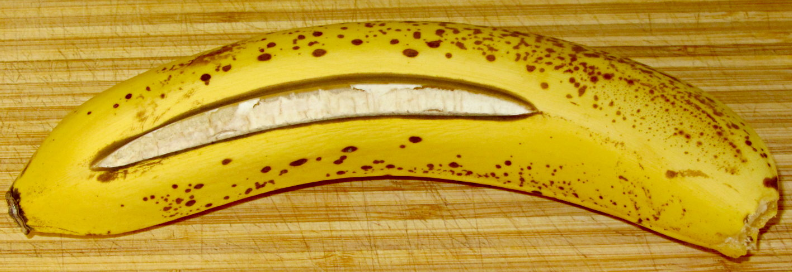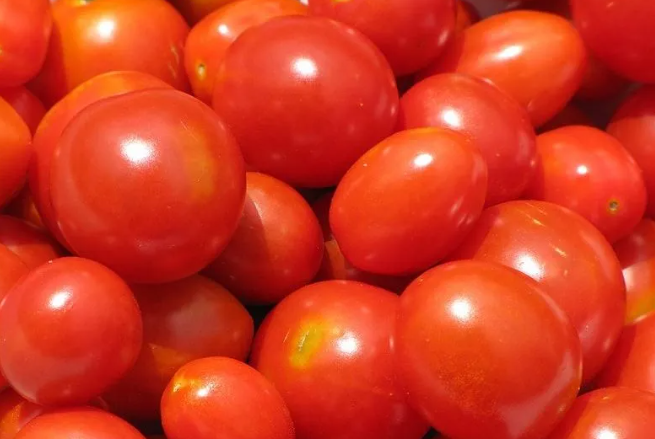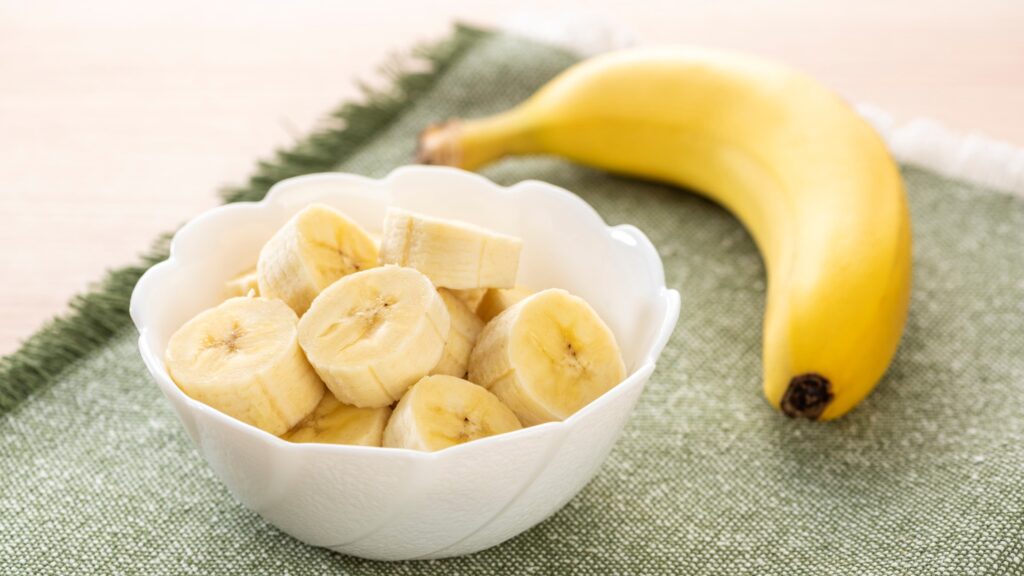Cucumbers are not only low in calories, but they might also play a role in controlling cholesterol levels. Let’s delve deeper to understand the connection between this crunchy vegetable and your heart health.
Cholesterol is essential for building cells in our bodies. However, too much of it may cause problems like artery blockage, leading to heart disease and the risk of stroke.
There are two main types of cholesterol:
- Cholesterol produced by your body, called endogenous cholesterol.
- Cholesterol that comes from animal-based foods you eat, known as exogenous cholesterol.
Your total cholesterol level is made up of:
- LDL cholesterol (the “bad” kind) which can cause artery plaque.
- HDL cholesterol (the “good” kind) which helps remove LDL from your arteries.
- Triglycerides, a type of fat that at high levels can increase your risk of heart disease.
For good health, your total cholesterol should be below 200 mg/dL. It’s best if your LDL cholesterol is under 100 mg/dL and HDL is 60 mg/dL or above.
Table of Contents
How Do Cucumbers Help Lower Cholesterol?
Eating cucumbers could possibly help reduce cholesterol levels. They contain things like phytosterols and cucurbitacins which may lower bad LDL cholesterol. Their high water content and low calories and sodium also support a healthy heart.
Here’s what’s in a cup of sliced cucumbers:
- Only 16 calories
- No fat
- Zero cholesterol
Cucumbers can be part of a cholesterol-conscious diet because of their low fat and zero cholesterol. Research suggests they might even actively work to lower cholesterol.
1. Phytosterols in Cucumbers
Cucumbers have phytosterols, which look a lot like cholesterol and compete with it in your digestive system, making less cholesterol get into your blood. Regularly eating phytosterols might help bring down your LDL cholesterol.
A study found that taking phytosterol supplements made a bigger drop in cholesterol than a dummy pill over five weeks. We still need more research to see if eating foods like cucumbers with naturally occurring phytosterols works just as well.
2. Cucumbers and Inflammation
Long-term inflammation can raise cholesterol levels. Anti-inflammatory foods, therefore, might help in controlling cholesterol.
Inside cucumbers, you’ll find anti-inflammatory helpers like:
- Flavonoids: Antioxidants from plants that fight off inflammation.
- Cucurbitacins: Specific to cucumbers, they also combat inflammation.
These substances may help stop LDL from oxidizing, which is when it starts to form artery-clogging plaque.
Cucumbers also have other antioxidants like vitamin C, beta-carotene, and manganese that help fight inflammation and keep LDL from being damaged.
3. Helping Blood Pressure
High blood pressure is often seen together with high cholesterol. Cucumbers, being full of water and minerals, can help keep blood pressure normal and thereby positively influence cholesterol levels.
Additional Heart Benefits from Cucumbers
Cucumbers have more to offer for a heart-healthy life apart from potentially better cholesterol levels:
- Weight control: Since cucumbers are low-calorie, they can help you maintain a healthy weight, which is key in managing cholesterol.
- Less sodium: Cutting back on sodium, found in many processed foods, can prevent blood pressure spikes. Cucumbers have potassium which helps balance sodium’s effects.
- Hydration: Drinking enough fluids is good for your heart, and cucumbers, full of water, are a tastier option than sugary drinks.
- Loaded with nutrients: Cucumbers offer vitamins and minerals, like vitamins K, C, and B, copper, and potassium, all beneficial for heart health.
- Easy to eat: You can add cucumbers to just about any dish due to their mild taste and crunch. This makes it easy to eat them often.
Combining Cucumbers with a Heart-Friendly Lifestyle
For a diet that supports your heart, cucumbers are a great addition. Enjoy their low calories, carbs, and sodium. Their hydration and abundance of nutrients are also beneficial.
Try getting 1-2 cups of cucumber daily. You can eat them as snacks, put them in your salad or make a side dish. They’re also good in smoothies and cold soups.
But that’s not all you should do:
- Eat a lot of other fruits and vegetables, whole grains, nuts, seeds, and foods high in plant protein.
- Opt for healthy fats like olive oil.
- Cut down on processed foods and sugars.
- Exercise regularly.
- Stay away from smoking.
- Only drink alcohol in moderation.
- Keep your weight in a healthy range.
Focusing on your overall heart-healthy eating and living habits will set you up for the best chances of maintaining good cholesterol levels for a long time.
Summary: Can Cucumbers Impact Your Cholesterol?
- Cucumbers are a heart-friendly food because they’re low in fat, cholesterol, and calories.
- They have substances like phytosterols and cucurbitacins that may work to lower the bad LDL cholesterol levels.
- Their anti-inflammatory properties, hydration, and nutrient-rich makeup also contribute to a healthy heart.
- Eating cucumbers every day as part of your healthy lifestyle could help you keep your cholesterol under control and benefit overall heart health.
Adding cucumbers to what you eat is a simple step to up your nutrient intake and stay hydrated, which may help in managing cholesterol levels over time.









